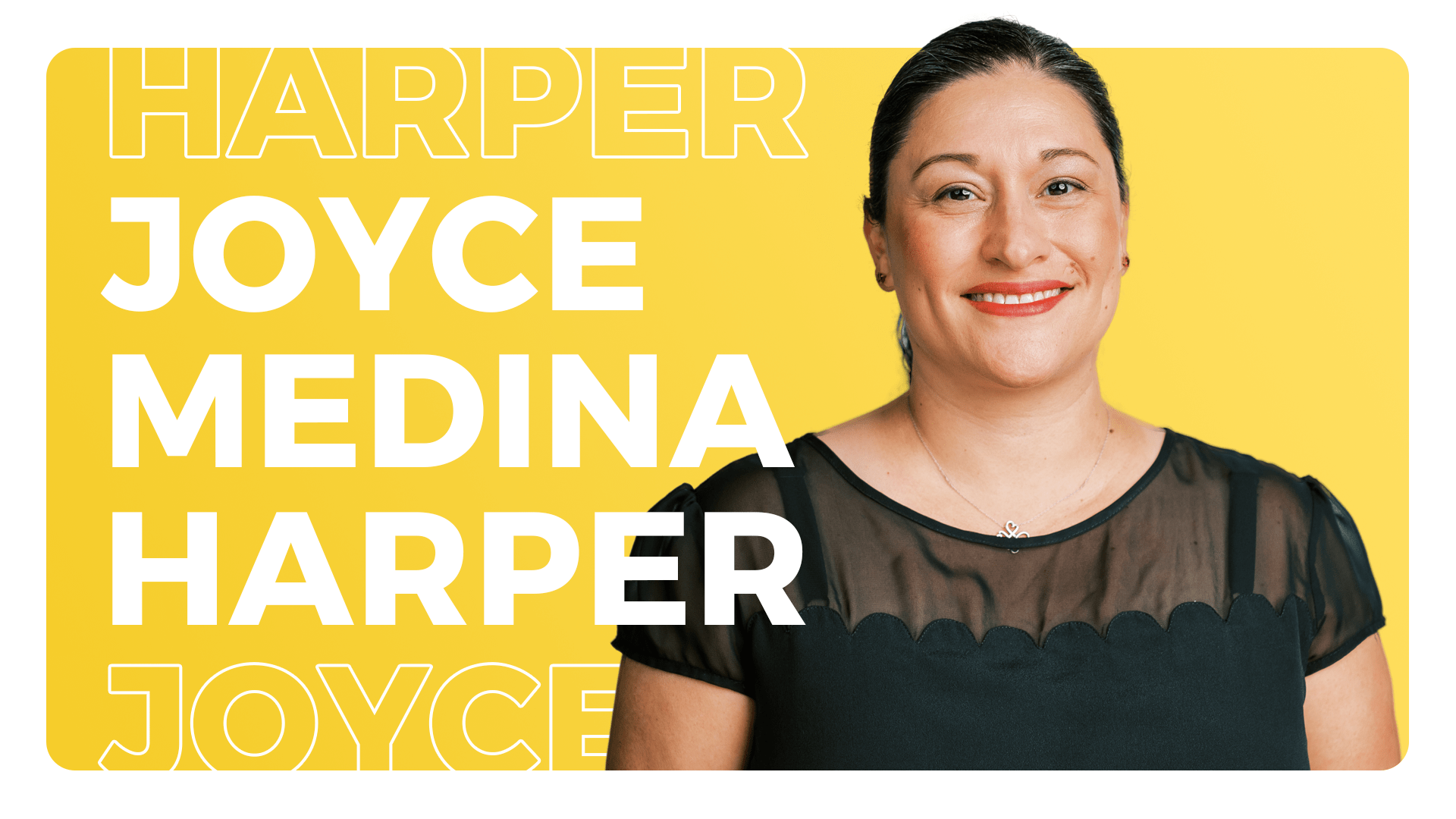What justice means as applied to philanthropy is really evaluating the way in which we hold and share power with our community.
Joyce Medina Harper Tweet
Rethinking Philanthropy in Arizona
Joyce Medina Harper is the Executive Director at the Dougherty Foundation. She’s worked in philanthropy in Arizona for over 12 years.
“There is a pretty significant power dynamic,” says Harper. “The ones giving the funds are in positions of power.”
Harper’s work focuses on philanthropy and justice.
“It’s really about giving communities the ability to say ‘I know what the problems are in my neighborhood and I know how to solve them. I have all the answers I need to solve these problems,’” explains Harper.
Although philanthropic organizations (usually) mean well, according to Harper, they don’t always know what communities really need. They also tend to create systems that make communities dependent on charity, instead of empowered to rise.
“There’s a lot of movement happening on the philanthropy side to look at the rebalancing of that power structure. That we do not have to have such a have and have not system,” says Harper.
Entering the Nonprofit Sector
Harper’s journey into philanthropic work started in college at Arizona State University.
“That was really the beginning of my journey in philanthropy, was working on the receiving end of philanthropy. I was a recipient of scholarships when I was going through college. I wanted to give back to my community,” explains Harper.
She studied early childhood education and worked as a preschool teacher before entering the nonprofit sector with an organization serving students in schools.
“I was a development director in this organization and I learned it was such a process,” says Harper, “I felt like there was more I could be doing.”
Supporting Arizona Communities
Working with the Dougherty Foundation enables Harper to help give scholarships to Arizonans in community college, four-year degree and graduate school programs.
Even though the Dougherty Foundation is community-focused, it’s only one of the 679,000 nonprofits in the United States. In America, the nonprofit sector generates $2 Trillion annually. So why do communities continue to struggle?
“What philanthropy needs to recognize is that when we give up that power to allow communities to decide where the money goes, to decide if they need operational administrative funds, and (if) that’s the best use of that philanthropy, that they are making the right decision,” voices Harper.
Typically the organizations and donors with the most to give financially, lack the community experience needed to know what communities need the most.
“The people with the privilege and the power are people holding the resources in philanthropic spaces. . . When we ask them to give up power and give up resources and trust communities to do the work, it feels like oppression to them. Because they’ve always had the privilege and power to drive the conversation and we’re asking them not to do that,” explains Harper. “We need to build the trust on the philanthropy side. We need to trust community members, to trust the work that has been happening for so many years to repair and do good work in their communities.”
So where can community leaders start? Harper suggests self-examining, being open to learning, and thinking about how systemic racism manifests in local communities. She also recommends checking out The BIPOC Project.



